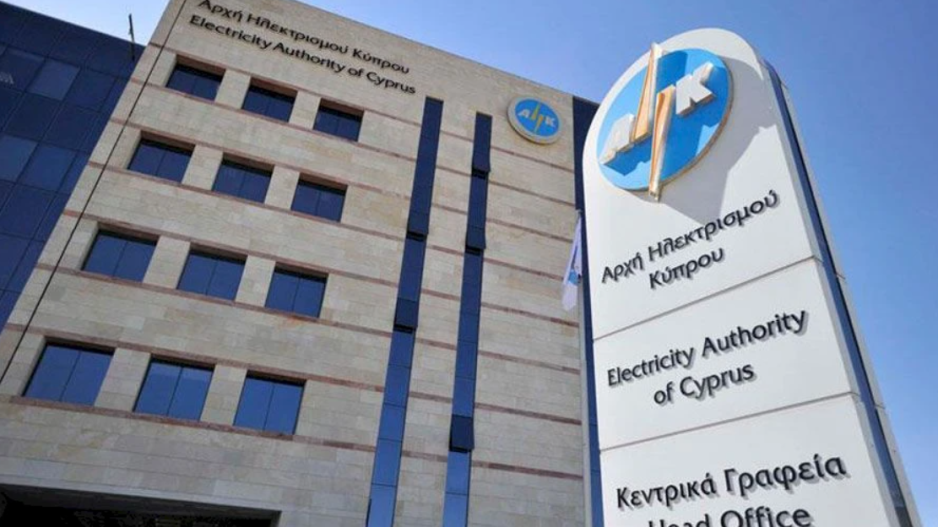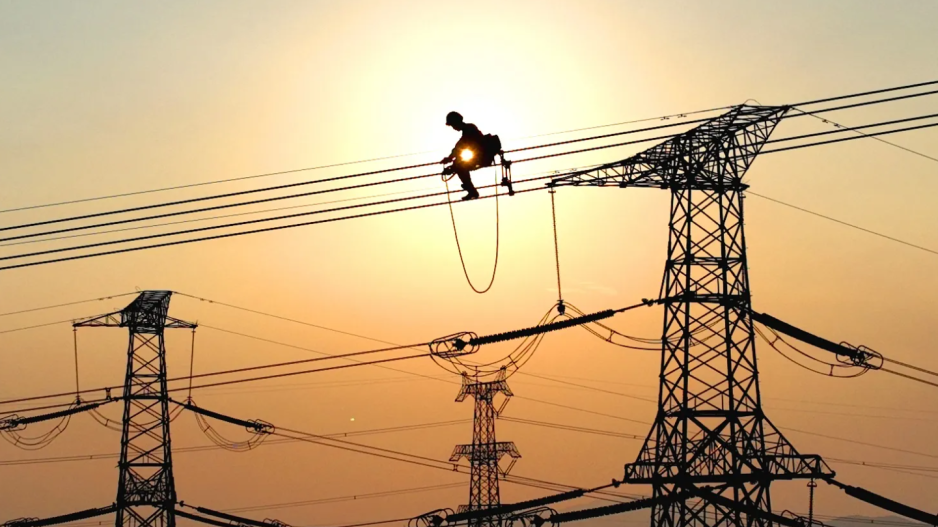Cyprus' Energy Sector in Crisis: EAC Unions Condemn Decades of Mismanagement
Workers Blame Authorities for High Electricity Costs and Call for Urgent Action
A scathing critique of the long-standing inadequacies in the energy sector is expected to emerge from the four unions organized within the Electricity Authority of Cyprus (EAC) during their scheduled joint meeting today, Monday.
EAC employees widely believe that the energy sector has reached a critical state, attributing responsibility to multiple parties. They argue that essential decisions should have been implemented years ago to safeguard the uninterrupted supply of electricity.
“Those responsible for decision-making failed to anticipate future needs,” union representatives told Brief, emphasizing that energy costs have become a burden for all. They stress that policymakers should have prioritized public interest to ensure a stable and affordable electricity supply.
The unions claim that photovoltaic energy producers are making excessive profits while the cost of electricity continues to rise due to the way renewable energy sources (RES) operate within the system.
According to information gathered by Brief, EAC union leaders will assess the current situation during their meeting, including the possibility of a “switch off” as a form of protest. They argue that immediate measures should have been taken long ago to prevent the ongoing crisis.

Another major issue to be discussed is why EAC remains excluded from the renewable energy sector, a decision unions believe is driven by vested interests influencing government policies.
The unions will also revisit the controversy surrounding the Dhekelia power station, arguing that it should have remained an integral part of the national electricity supply system. The idea of shutting down the plant was first introduced by the government in 2004 and persisted until 2011, when the Mari explosion tragedy forced Dhekelia, despite its aging infrastructure, to sustain the country’s electricity supply.
In 2022, the Ministry of Energy once again considered shutting down the Dhekelia station. However, strong opposition from all unions, along with support from the EAC board and its then-president, prevented the government from proceeding with this decision.
Despite Dhekelia still being operational, electricity supply remains precarious. The former EAC board had warned the ministry in advance, while experts now agree that immediate action is necessary to prevent severe power shortages, particularly during the summer months when demand peaks.
EAC unions are also pushing for the establishment of a centralized energy storage system to support the Photovoltaics for All program.
Currently, photovoltaic systems installed by hundreds of households frequently experience disconnections due to overproduction. The unions argue that proper energy storage infrastructure is essential to stabilize the system and maximize the benefits of renewable energy sources.
During the meeting, unions will also address labor issues they consider secondary. These matters will remain internal as discussions with EAC management are ongoing.
Additionally, reference is expected to be made to the sixth power unit built to accommodate natural gas supply, which remains inactive, further highlighting inefficiencies in the energy sector.






